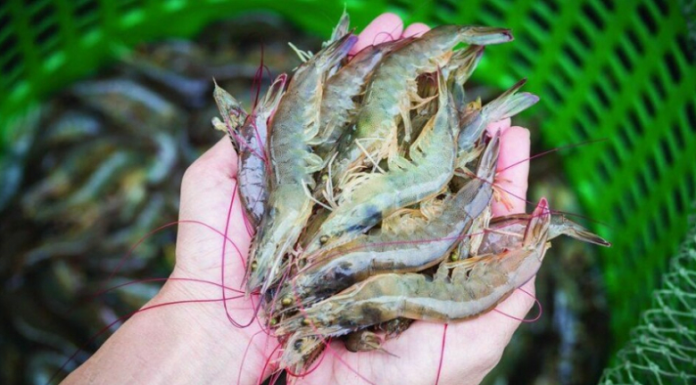
It takes years to conduct studies on people recovering from alcoholism. That’s why 2017 and 2018 alcohol relapse statistics aren’t available yet. However, studies published in recent years provide a picture of current relapse rates. Every alcoholic possesses genetic traits that helped cause alcoholism to develop in the first place. Each time that these people drink, their brains adapt to the presence of alcohol. The adaptations make the brain crave alcohol, which makes it harder to quit drinking.
What is considered 1 drink?
You might not recognize how much you drink or how many problems in your life are related to alcohol use. Listen to relatives, friends or co-workers when they ask you to examine your drinking habits or to seek help. Consider talking with someone who has had a problem with drinking but has stopped. They provide emotional support, accountability, and practical assistance.

FAQs about Handling Alcohol Relapse
Relapse is even considered a stage in the stages-of-change model, which predicts that people will cycle through a process of avoiding, considering quitting, taking active steps to quit, and then relapsing. Sometimes people will cycle through the stages several times before quitting. For example, someone who had completely stopped drinking for a period of time, say six months, would be experiencing a relapse if they began drinking in an unhealthy manner. If they had just one drink, they might be considered as having a “slip,” but not a full relapse.

Establish self-care strategies
- People who had severe addictions to alcohol or co-occurring disorders were less likely to successfully quit.
- Talking openly about a lapse or relapse with a care team can help you develop and strengthen your relapse prevention plan and identify how to get back on track with your recovery goals.
- The longer you continue to use, the more complicated it can become to stop using, especially if it is a substance on which your body can become physically dependent, such as alcohol.
We do not receive any commission or fee that is dependent upon which treatment provider a caller chooses. Another immediate need you should fulfill following a relapse is a safe living environment. If your living arrangements are neither safe nor conducive to recovery, please consider alternative arrangements. If it happens, it is important that you get back up, dust yourself off, and get back on the path to recovery. If it happens, it is important that you get back up, dust yourself off and get back on the path to recovery. You have trouble making decisions or start making unhealthy ones.
- The idea behind these rules is that it requires honesty and the ability to understand the nature of addiction and what that looks like for you.
- A change in attitude can be one of the first warning signs of a relapse.
- Relapse prevention is a pivotal component of any treatment plan for alcoholism or any other substance abuse disorder.
- You may use AA, SMART Recovery, or other support groups to help you in this process.
Common Relapse Triggers
The Reframe app equips you with the knowledge and skills you need to not only survive drinking less, but to thrive while you navigate the journey. Our daily research-backed readings teach you the neuroscience of alcohol, and our in-app Toolkit provides the resources and activities you need to navigate each challenge. While the recovery period may be challenging, it’s also filled with milestones that can transform your life into one that’s better than you could have previously imagined. Since withdrawal symptoms tend to ebb and flow, you may be tempted to feel like you’re not making progress ― even though in reality, you’ve come a long way. The abstinence stage typically begins right after you stop drinking. So far, there’s no consensus on the medical definition of recovery in alcohol treatment literature.
The process of relapse starts weeks and even months before you consume alcohol or ingest drugs into your system.3 Relapse occurs in three stages that include emotional, mental, and physical. Slips can cause a transition from an emotional relapse to a mental relapse or from a mental relapse to a physical relapse. When someone in recovery slips by consuming any amount of alcohol, the brain can revert back to how it functioned when the person was what to do after a relapse abusing alcohol. Write out both your recovery plan and your relapse prevention plan. Next to each, add the techniques you and your therapist or support team have come up with to manage it.
Addiction is a disease that causes imbalances in the brain’s neurotransmitter (chemical messenger) systems. Affected neurotransmitter systems include the serotonin, opioid, and dopamine systems. Therapy combined with an AUD program tends to lead to a high recovery success rate. During this period, you can expect to develop new skills you may have never learned that made you more susceptible to AUD in the first place.
Alcohol Use Disorder: What to Know About Relapse
But happy events can also trigger a relapse, especially if others celebrate with alcohol. In order to understand how to prevent relapse, it is essential to first understand the relapse process itself. Relapse isn’t a sudden event; it is a process that occurs over a period of time which can range from weeks to even months. Accepting that relapse is a normal part of the process of recovery is a more helpful way of looking at relapse.



